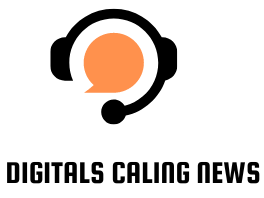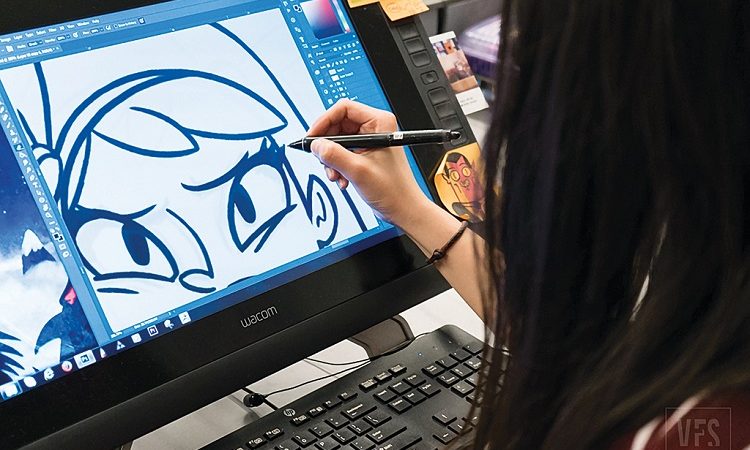Choosing the Perfect 88-Key Piano for Beginners: A Comprehensive Guide

Embarking on the journey of learning the piano is a thrilling experience, and selecting the right instrument is a crucial first step. For beginners, an 88-key piano offers the full range of keys found on a standard piano, providing a solid foundation for learning and mastering the instrument. In this guide, we’ll explore the world of 88-key pianos, delving into the key factors that make a piano suitable for beginners and recommending some of the best options available.
Key Features for Beginners:
- Full-Sized Keys: One of the main advantages of an 88-key piano is the full-sized keys that mimic the feel of a traditional acoustic piano. This feature is essential for developing proper finger technique and hand positioning from the start.
- Weighted and Hammer Action Keys: Beginners benefit greatly from weighted keys with hammer action, as they replicate the feel of an acoustic piano. This feature enhances the playing experience, promoting finger strength and control, while also preparing students for transitioning to acoustic pianos in the future.
- Built-in Educational Features: Some 88-key digital pianos come equipped with educational features that cater specifically to beginners. These features may include interactive lessons, metronomes, and built-in song tutorials to facilitate the learning process.
- Sound Quality: High-quality sound is crucial for an immersive and enjoyable playing experience. Look for pianos with realistic piano tones and the ability to produce a variety of sounds to keep beginners engaged and motivated.
- Portability: For beginners, especially those who are young or have limited space, a portable 88-key piano can be a practical choice. Look for models that are lightweight and easy to transport without compromising on key features.
Top Picks for Beginners:
- Yamaha P-45: Known for its realistic piano sound and Graded Hammer Standard (GHS) key action, the Yamaha P-45 is an excellent choice for beginners. It offers a simple and user-friendly interface, making it easy for novice players to navigate.
- Casio Privia PX-160: The Casio Privia PX-160 boasts a Tri-Sensor Scaled Hammer Action Keyboard, providing a responsive and authentic feel. With a variety of built-in tones and dual headphone jacks for quiet practice sessions, it’s an ideal option for beginners honing their skills.
- Korg B2: The Korg B2 stands out for its Natural Weighted Hammer Action (NH) keyboard, delivering a realistic touch and response. It offers a diverse range of sounds and is designed with simplicity, making it suitable for beginners who want a fuss-free playing experience.
- Roland FP-10: Featuring Roland’s renowned SuperNATURAL sound engine and PHA-4 Standard keyboard, the FP-10 provides an authentic piano experience. It is compact and portable, making it an excellent choice for beginners with space constraints.
- Kawai ES110: The Kawai ES110 offers Responsive Hammer Compact (RHC) action and impressive piano sounds. With its lightweight and portable design, it caters to beginners who desire both quality and convenience.
Considerations for Long-Term Growth:
As beginners progress in their piano journey, they may find the need for additional features to support their musical development. Here are some considerations for long-term growth:
- Polyphony: A higher polyphony count allows for more complex musical pieces without dropping notes. As beginners advance, they may benefit from a piano with a polyphony of 64 notes or higher.
- Connectivity: USB connectivity, MIDI ports, and Bluetooth capabilities enable beginners to connect their pianos to computers, tablets, or other devices for expanded learning opportunities and music production.
- Upgradability: Choose a piano with the option to upgrade or expand features. This ensures that as a beginner’s skill level increases, the instrument can grow with them.
Conclusion:
Selecting the best 88-key piano for beginners involves considering key features such as full-sized weighted keys, sound quality, educational tools, and portability. The Yamaha P-45, Casio Privia PX-160, Korg B2, Roland FP-10, and Kawai ES110 are excellent choices that cater to the needs of beginners while providing room for growth. By investing in the right instrument from the start, beginners can enhance their learning experience and set the stage for a fulfilling musical journey.
Why is an 88-key piano recommended for beginners?
A: An 88-key piano provides the full range of keys found on a standard piano, allowing beginners to learn and practice with the same key layout they’ll encounter on acoustic pianos. It ensures a comprehensive learning experience.
What is the significance of weighted keys in a beginner’s piano?
A: Weighted keys simulate the feel of an acoustic piano, offering resistance to the fingers. This feature promotes proper finger technique, hand strength, and control, making it an essential element in the learning process for beginners.
Are there any specific educational features that beginners should look for in a piano?
A: Yes, some pianos come with built-in educational features such as interactive lessons, metronomes, and song tutorials. These tools assist beginners in developing fundamental skills and maintaining motivation throughout their learning journey.
How important is the sound quality in a beginner’s piano?
A: Sound quality is crucial for an immersive and enjoyable playing experience. High-quality piano tones that closely resemble acoustic instruments contribute to a more authentic learning environment, keeping beginners engaged and motivated.
What are the advantages of a portable 88-key piano for beginners?
A: Portable pianos are suitable for beginners with limited space or those who need to transport their instrument. They often maintain essential features while being lightweight and compact, offering flexibility in terms of practice locations.
Can a beginner’s piano be used for advanced playing as well?
A: Many beginner-friendly 88-key pianos come with features that cater to both novice and advanced players. Consider factors such as polyphony, connectivity, and upgradability to ensure the piano can support a player’s growth as they advance in skill.
What is polyphony, and why is it important for beginners?
A: Polyphony refers to the number of simultaneous notes a piano can produce. A higher polyphony count is essential for beginners as they progress to more complex pieces. It prevents dropped notes and ensures a smooth playing experience.
How do I know if a piano is suitable for long-term growth?
A: Look for features like USB connectivity, MIDI ports, and Bluetooth capabilities, which allow the piano to connect to external devices for expanded learning opportunities. Additionally, consider if the piano has upgradability options to accommodate a beginner’s evolving skill level.
Are there specific brands known for producing excellent beginner-friendly 88-key pianos?
A: Yamaha, Casio, Korg, Roland, and Kawai are renowned brands that offer high-quality 88-key pianos suitable for beginners. Each brand may have different models with varying features, so it’s essential to consider individual preferences and needs.
Can a beginner switch from a digital piano to an acoustic piano seamlessly?
A: If a beginner starts on a digital piano with weighted keys and realistic touch, the transition to an acoustic piano becomes more manageable. Many digital pianos are designed to emulate the feel and sound of acoustic instruments, providing a smooth progression for learners.






